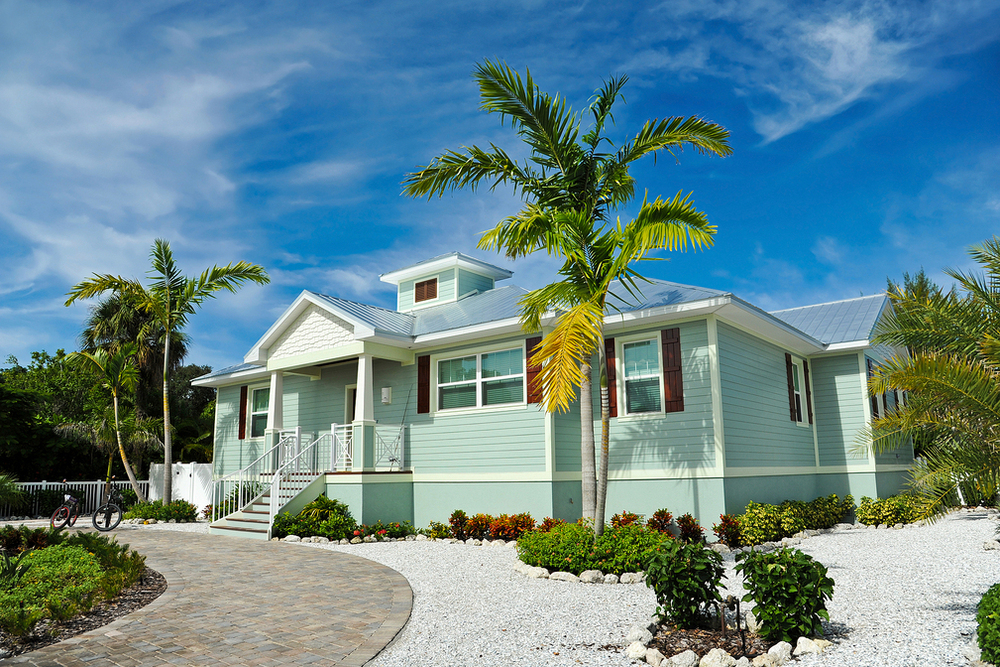The article “Should You Buy A Vacation Property?” was originally published on MoneySense on August 24, 2020.
A cottage or other vacation property can provide a great way to unwind and spend time with family. But what are some of the financial implications?
The benefits of owning a vacation property are obvious. A cottage, cabin, condo or trailer a short drive from your home can provide a quick weekend recharge. A property down south can serve as a regular vacation destination or extended winter stay for a snowbird.
There are many emotion-driven reasons for buying a vacation property, or not. I like to evaluate a property purchase from a financial point of view—and here’s how.
Say a property’s purchase price is $500,000. Whether you use cash, a mortgage/home equity line of credit, or a combination, there are other costs to consider. If you purchase with cash that you could otherwise invest at a 4% return (to use a conservative assumption), there is an opportunity cost of not investing that money. If you borrowed money, despite current mortgage rates being around 2%, over the long run the interest rate is likely to go higher. On a $500,000 property, there may therefore be an initial cost of 4%, or $20,000.
Property taxes, utilities, insurance, condo fees and maintenance could easily add another 2% to 4% per year in costs. Those costs could be even higher for an older cottage or for a property with amenities and high fees, but let’s attribute 3% per year for discussion purposes.
So far, we are up to 7% per year on a $500,000 property, which works out to $35,000 per year.
But what about the financial return from owning the property? Canadian real estate prices have risen by about 5.35% per year for the 10 years ending December 31, 2019. Over the past 30 years, the increase is about 4.59% Some cities have seen much higher growth rates, and others much lower. Over the long run, in the U.S., real estate prices have risen just slightly more than inflation. In fact, since 1890, U.S. real estate has increased by just 0.4% per year in excess of inflation. Given the Bank of Canada’s 2% inflation target, I would argue a more reasonable long-term growth rate for real estate is 2% to 4%.
So, let’s assume our notional $500,000 property grows at 3% per year, or $15,000.
That means the net cost is 7%, or $35,000 per year, minus 3%, or $15,000 per year, totalling 4%, or $20,000 net per year.
If you are contemplating a $500,000 vacation property purchase, and you think my assumptions are reasonable, you need to ask yourself: Are you going to get $20,000 worth of use out of the property? Could you rent a comparable property for less than $20,000 per year, for the time you plan to use it? If you could, a vacation property purchase may not be the best financial choice.
Still, that does not mean you should not do it. There are non-financial reasons to own a vacation property, and not every choice you make should be about money.
If you could rent out the property to generate some income, that could reduce the net cost and make the purchase more fiscally responsible. Know there are tax implications if you do this.
Rental income is taxable. On the other hand, renting out a vacation property you own will also provide some tax deductions. The deductions are based on the proportion of the year the property is available for rent. So, if you use it six months per year and rent or make it available for rent for the other six months, half your eligible expenses may be tax deductible. Eligible expenses include mortgage interest, property tax, condo fees, repairs, maintenance, utilities, insurance, management fees and some other miscellaneous costs.
In addition, if a property owner’s short-term rentals—that is, daily and weekly rentals—exceed $30,000 over four consecutive quarters, they may be required to register for and collect sales tax (GST/HST).
When financing a second property with a mortgage, you may be able to borrow up to 95% of the property value for a fully winterized home with plumbing, electricity and heating, with a permanent foundation. A seasonal cottage may require a higher 10% minimum down payment, and a property that you intend to rent out may need a 20% down payment. Of course, based on your income, you may have other borrowing limitations.
Properties purchased in the U.S. or other countries may require larger down payments to qualify for a mortgage from a local lender.
A vacation property can be considered your principal residence, even when it is in another country. The principal residence exemption is claimed when a property is sold. However, you can only have one principal residence in a given year, so any time you and your spouse or common law partner own multiple properties, at least one of you will be subject to capital gains taxation in the future.
So, should you buy a vacation property? I would start with the math I shared initially. Try to figure out the net cost of the property using your own numbers, and then whether you could otherwise rent something comparable for less. Even if you could, that doesn’t mean you should not buy a vacation property. If you can afford it without compromising other financial goals, you should consider it. Remember the annual tax implications of renting the property and consider the future tax implications on sale or death.
Jason Heath is a fee-only, advice-only Certified Financial Planner (CFP) at Objective Financial Partners Inc. in Toronto. He does not sell any financial products whatsoever.

